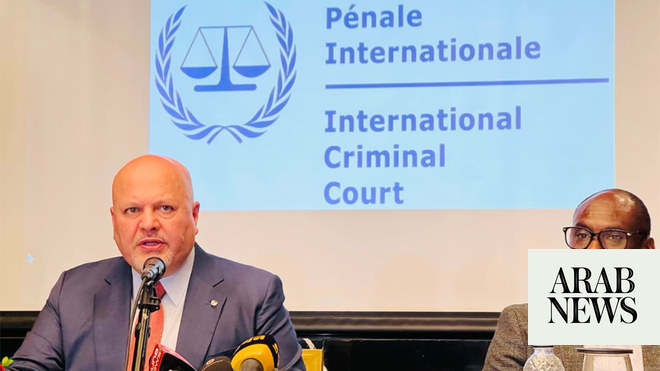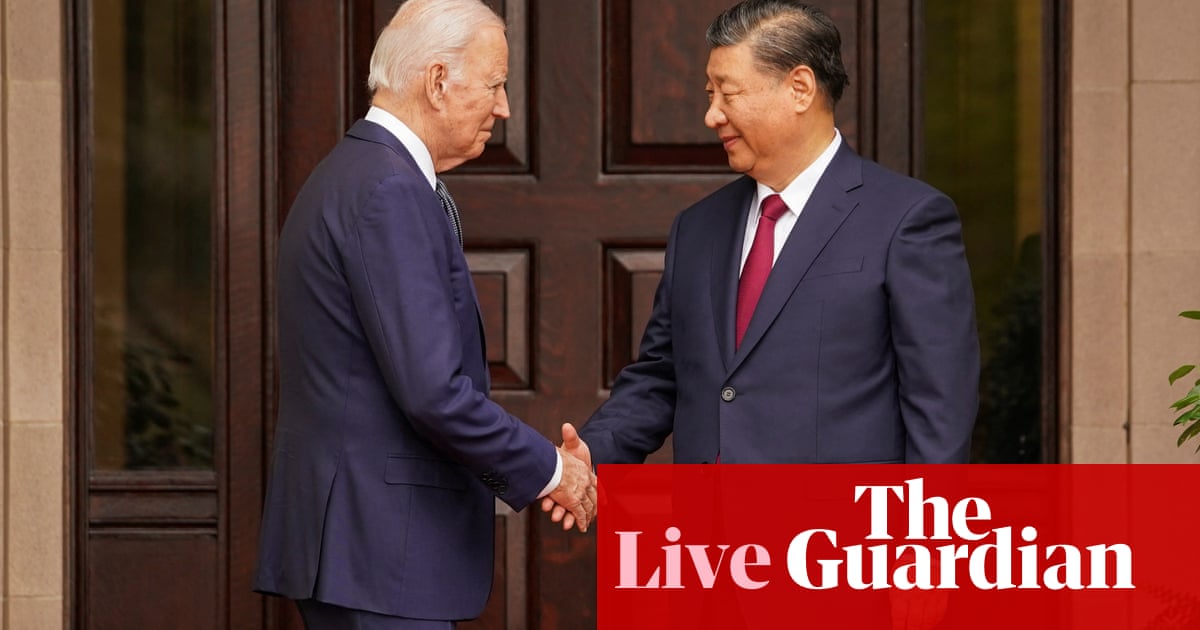
MANILA: The leader of the Moro Islamic Liberation Front (MILF) has promised the rebel group will not return to violence in its struggle to win self-determination for the Bangsamoro people.
MILF chair Al-Hajj Ebrahim Murad told Arab News: “War is not an option. The real solution (to the problem in Mindanao) is political.”
In an interview to Arab News at the group’s camp in Sultan Kudarat, Maguindanao, Murad said MILF was “holding on” to Philippines President Rodrigo Duterte’s pledges regarding the Bangsamoro Basic Law (BBL), legislation that will establish the Bangsamoro Autonomous Region as a political entity.
Murad revealed details of a MILF meeting with Duterte on March 27.
“We briefed him about our observation on the status of the BBL in Congress ... that the BBL is facing challenges, particularly in the House of Representatives. So we sought his advice on how we could move forward and also asked him to intervene so that the law will be passed as soon as possible,” said Murad.
The president promised “that he will do his best in order to push forward the BBL,” Murad said.
The Bangsamoro Basic Law came out of a 2014 agreement between the government and the MILF that recognizes the “justness and legitimacy of the cause of the Bangsamoro people.”
For decades the group led an armed struggle to win self-determination for the Bangsamoro people, with the peace deal coming only after 17 years of negotiation.
MILF chair Al-Hajj Ebrahim Murad spoke exclusively to Arab News. (AN Photo)
The agreement was expected to pave the way for a Bangsamoro autonomous political entity. But it has been four years and the Philippines Congress has yet to pass the law to establish the region.
Despite the delay, the MILF leadership remains hopeful that the BBL will be passed by Congress in May or before Duterte’s next address to the nation in July.
In the Senate, Murad said the group had held discussions with Sen. Miguel Zubiri, who sponsored the bill in the upper chamber. “(Zubiri) was looking forward to finishing the process in the next session of Senate which is in May,” he said.
Murad said there were two versions of the bill in the lower house — one by Speaker Pantaleon Alvarez, which complies with the BBL crafted by the Bangsamoro Transition Commission (BTC), and another sponsored by former president and now Pampanga representative Gloria Macapagal Arroyo.
“I spoke to her (Arroyo) ... by phone and asked if it was possible to withdraw her bill and just support the Alvarez version. And over the phone, she told me, yes, she will withdraw,” said Murad. “She gave her commitment and I hope that she will make true with that commitment.”
Asked about the effects of the delay on the BBL, Murad said: “Of course, there is some negative impact. There is frustration among our people.
“But we are trying to contain the frustration of our people, and we are also trying our best to push the peace process forward,” he said, adding that “the chances of passing the BBL are still high.”
Murad also expressed concerns that “there is a possibility of watering (the law) down.”
“In the lower house, we found out there are about 341 provisions that were touched. There are some amendments, so we need to really engage them,” he said.
A number of congressmen also opposed the BBL. “They are few, but they are more aggressive. That is why there are some challenges.”
Should Congress fail to pass the BBL, Murad said he was concerned that this would add to the Bangsamoros’ frustration.
“They will feel that there is no more chance of passing the BBL. Because this president is the first who openly supports the BBL.
“He is the first president from Mindanao who really understands the problem of the Bangsamoro and has accepted the injustices against the Bangsamoro,” said Murad.
“So if (the law) cannot be passed within his administration then that will result in a strong sense of frustration among the people,” he said.
This sense of injustice could lead to more people joining radical groups. “That is what we are concerned (about),” he said.
Asked about the MILF’s options if the BBL is not passed, Murad said the group would not return to violence.
“War is not an option,” he said. “The real solution is political.”
Murad said the organization would continue its four-point program of strengthening, military build-up, self-reliance and Islamization.
“We will see what is the appropriate step. But we have already invested so much in the peace process. So whatever happens we will try to protect the gains of the peace process,” he said.
However, the MILF was also prepared to take a defensive stand, Murad said.
“Defense, it can be. We will continue our activities, but if government troops attack us, we have no option but to fight back. But we will continue our activities as an Islamic revolutionary organization,” he said.
“It’s not an option, but we are ready for it. Hopefully, it doesn’t happen that the BBL fails because that will really strengthen the campaign of the extremists.”
Murad said the Bangsamoro Islamic Freedom Fighters group was formed after an agreement on ancestral domain failed in 2008.
“We were together. But after the non-signing, everybody was frustrated. And there was an outbreak of hostilities.”
Until there was a political solution, “fighting any group will not succeed,” he said.












